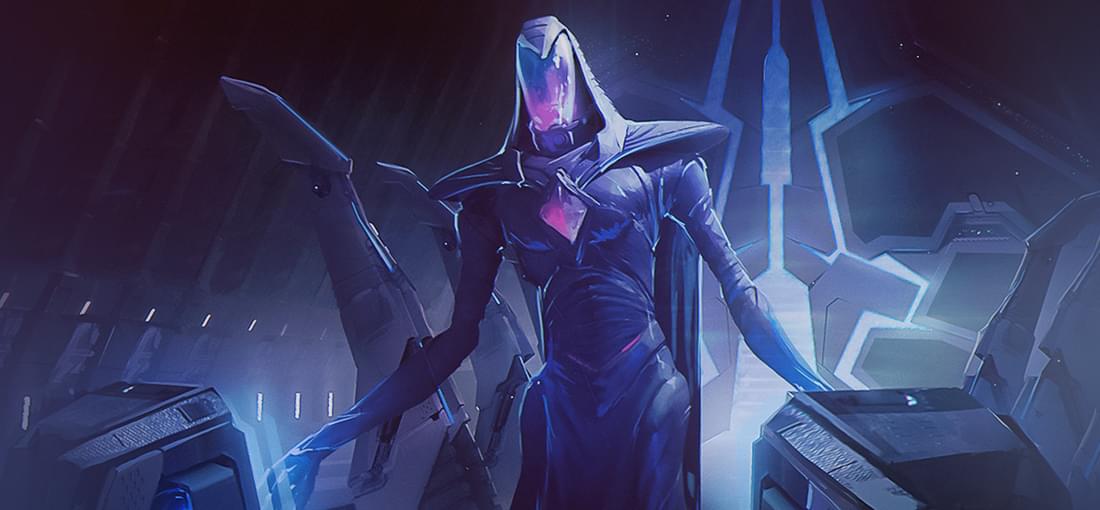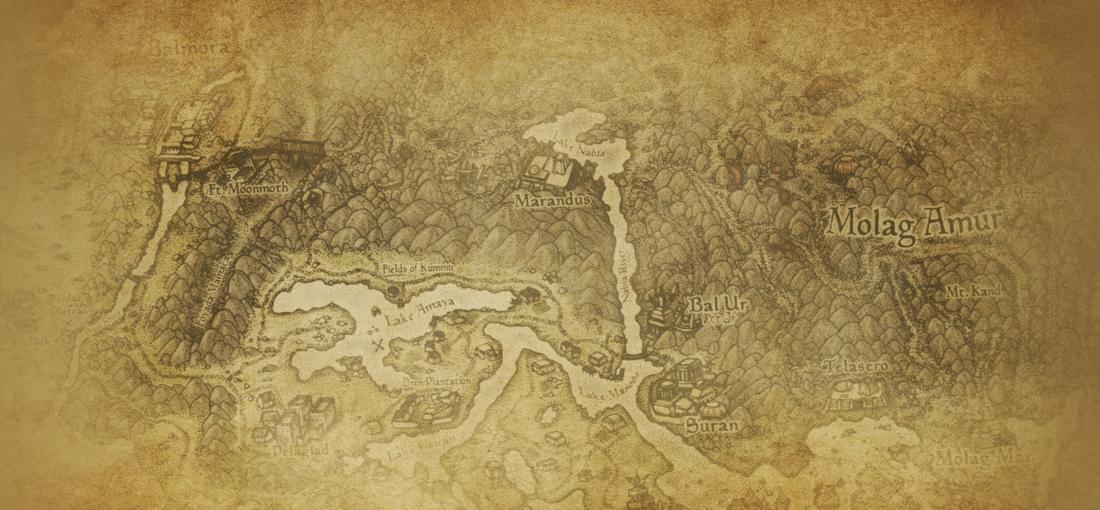


I get the 'logic' -- publishers don't want people pirating the non-DRM version to play with their friends. However, GoG's rule is this (taken from its own FAQ) "Frequently asked questions "1. What is GOG.com about and what are its features? "GOG.com is a digital distribution platform serving fantastic computer games and movies at kick-ass prices. And no, it's not “just a store” - it's the site that's all about the greatest games ever and the people who play them. We've got critically acclaimed games, with tons of all-time classics for just $5.99 and $9.99, along with modern games from AAA to Indie, bundled with heaps of free downloadable content and exclusive add-ons, no DRM or intrusive copy protection and full compatibility with Windows XP & Vista. Most of our games are compatible with Windows 7 as well, and many work natively on Mac OS X 10.6+ and Linux - it's all right there on every product page.While games form the bulk and core of our offering, we've also recently introduced movies on top of that. Make sure to check that out, too! "2. So what's with this DRM thing? "DRM or Digital Rights Management is a kind of copy protection technology used by many companies to limit the usage of digital media. Although designed to stop pirates from creating illegal copies, in reality the only people who are hurt are the legitimate consumers, stripped of their fair use rights, such as the ability to make backup copies.We believe that a DRM-free world would be a better place and that's why you won't find any DRMs or other intrusive copy protection in items available at GOG.com. This applies to both games and movies." "no DRM or intrusive copy protection" "you won't find any DRMs" I see GoG is going the way of every business now: once you've got your money and setup, the customers' rights are irrelevant. It's a real shame, too -- I was looking forward to a new Master of Orion game. Instead, I find my favorite game sale site violating its principles like a cheap hooker.

You're a prisoner, sent from the Imperial City -- first by carriage, and now by boat -- to Morrowind. Specifically, to the island of Vvardenfell. You're a reincarnation of Lord Indoril Nerevar, some dude who was betrayed and killed by three people who went on to make themselves physical gods, reigning as the Tribunal. One of those three went on to rewrite history itself so as to "justify" his actions. Their enemy is Dagoth Ur, who has been working for centuries to build a god, slowly convert the Dunmer on the island into an assimulated army, and use these to conquer the continent of Tamriel for the glory of the Dunmer race. Oh, and he's Indoril Nerevar's old best-buddy. None of them are good, none are entirely evil, all four are corrupted. Yes, you are *a* reincarnation -- not the first, and if you fail like the others, not the last. You're nobody special, aside from that shared soul and a prophecy. Life will go on if you fall, and another will be born who might take the role, until time runs out. That's not important, though. Or is it? Well, that's your choice, isn't it? This is an open-world Bethesda game, after all. Follow the main quest, or don't. Continue on through the Tribunal expansion and investigate the mysterious appearance of mechanical, clockwork creatures in the Morrowind Province's capital, Mournhold, and eventually exact justice for the crimes of the other two-thirds of the Tribunal, or don't. Investigate Solstheim and become a werewolf, and kill a third of a Daedra, or don't. I strongly recommend using the Morrowind Patch Project with this -- Bethesda's always been known for great games with myriad bugs, and Morrowind is no exception. I also recommend using the OpenMW engine reimplementation, as it's quite stable, fixes engine bugs, takes advantage of modern multicore CPU better, and some other useful features. Oh, and it supports GNU/Linux and macOS. :D Even without that, it's still the best in the series. The ending of the words is ALMSIVI.